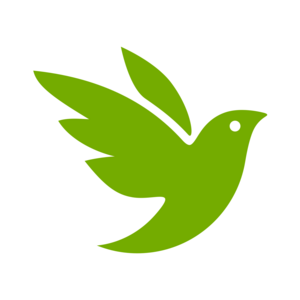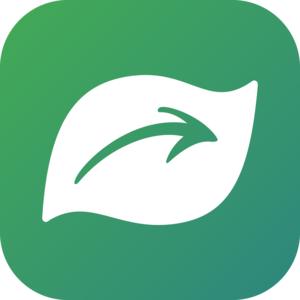City Nature Challenge 2020 kicks off this week!
This week is the start of the 2020 City Nature Challenge! From Friday April 24 through Monday April 27, Colorado residents are encouraged to go outside in their neighborhood to photograph and identify plants and animals using iNaturalist, as part of a global initiative called the City Nature Challenge! The City Nature Challenge is an international effort to find and document plants and wildlife across the globe. Cities are encouraging their citizens to get outside in whatever way is safe for each region and document the plants and animals in their surroundings.
To count towards the City Nature Challenge, all you need to do is make an observation between April 24 -27 within the boundaries of a participating CNC city or region. This year, there are three regions for Colorado:
- Denver-Boulder Metro Area: https://www.inaturalist.org/projects/city-nature-challenge-2020-denver-boulder-metro
- Colorado Springs and Pikes Peak Area: https://www.inaturalist.org/projects/city-nature-challenge-2020-colorado-springs
- Northern Colorado: https://www.inaturalist.org/projects/city-nature-challenge-2020-northern-colorado
Colorado state parks within this year’s boundaries include: Barr Lake, Boyd Lake, Castlewood Canyon, Chatfield, Cherry Creek, Cheyenne Mountain, Eldorado Canyon, Golden Gate, Lory, Roxborough, St. Vrain and Staunton. If you make observations in any of these state parks, don't forget to add them to the State Parks NatureFinder project in addition to the appropriate CNC project!
In light of the COVID-19 pandemic, the City Nature Challenge has made some modifications to the annual event to help keep organizers and participants safe. Although it has been promoted as a friendly competition in previous years, this year it’s about embracing the healing power of nature. This year we are not hosting or promoting any group activities. Instead we encourage all individual participants to explore nature close to their homes*. If you have trails and open spaces in your neighborhood, that’s great! Please check the status of all parks and open spaces before visiting. Please be respectful of all people and wildlife nearby, follow all social distancing requirements, and abide by local land and facility closures. Please avoid overcrowded areas. For more information, please visit https://citynaturechallenge.org.
*If you are concerned about revealing the location of a sensitive organism (or where your house is), you can hide the exact location from the public by changing the “geoprivacy” of the observation to “obscured.”





Comments
Add a Comment